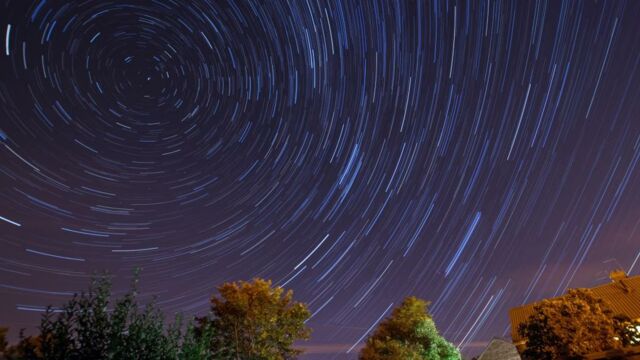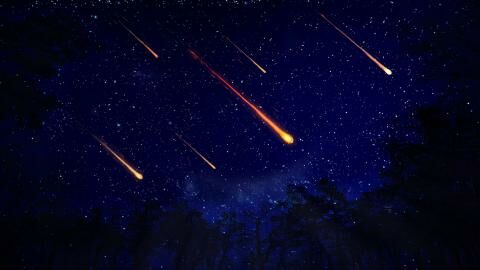Last month showed some of the most beautiful meteor showers for astronomy lovers. For instance, the meteor showers of the Eta Lyrids, the Eta Aquariids, the Tau Herculides, the Bootids and the Piscis Austrinid and the Gamma-Draconids made a spectacular appearance. However, of all the meteor showers that light up the sky every year, the Perseid meteor shower is probably one of the best known. It is easy to understand why: its rate of meteorites per hour is higher than average.
Discover our latest podcast
About 100 meteorites per hour
Like all meteor showers, the Perseid shower is associated with a comet. In this case, it is 109P/Swift-Tuttl, which was discovered in the mid-19th century by Lewis Swift and Horace Parnell Tuttle.
Every year, this comet and its swarm produce a beautiful meteor shower from the end of July to the end of August. And this year, its peak is expected to be on the night of 12-13 August, with around 100 meteors per hour expected. However, there is a but.
The Moon could spoil the show
If you want to watch the show properly, you should find a place with low light pollution and look to the northeast. The problem is that on the night of 12 August, another astronomical event will take place: the Super Sturgeon Moon. On this occasion, the moon will be brighter than usual, and this could make the little meteors less visible.
This article was translated from Gentside FR.
Read more:
⋙ From meteor showers to super moons: Here’s all you need to know about the night sky events in August
⋙ This viral video shows the moon dangerously close to the North Pole, but is it real?
⋙ Newly invented 'flying saucer' to help explore the Moon, according to scientists















